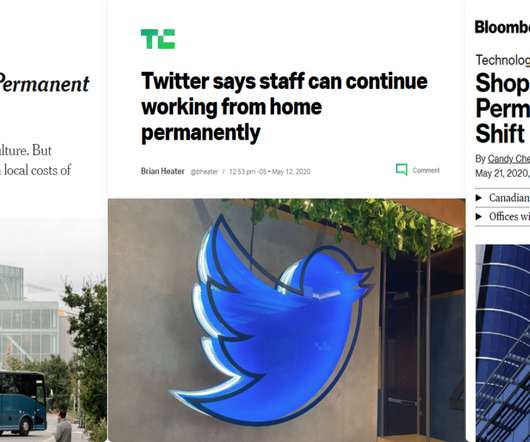Eastern European Champions & the 4 V’s of Big Data
Cracking the Code
OCTOBER 24, 2012
I would categorize these champions in two camps: the “Local Champions” and the “Global Champions”. Skype is probably the most famous of them, but there are a lot of other examples including Game Insights, Kaspersky and Parallels in Russia, LogMeIn and Prezi in Hungary and Avast and AVG in the Czech Republic. Why Eastern Europe?












Let's personalize your content